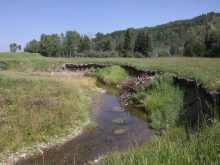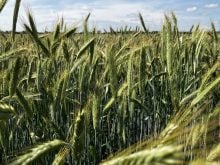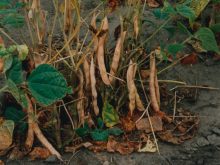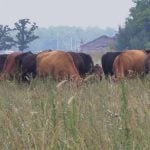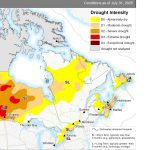EDMONTON – Members of a ranching organization think public access cards are the ideal way to manage recreation on land leased from the Alberta crown.
But when the Western Stock Growers’ Association members presented that idea to an Alberta agriculture committee meeting on Feb. 22, environment minister Ty Lund strongly objected.
“I can tell you right now it won’t fly,” said Lund at the meeting of the standing policy committee on agriculture and rural development in Edmonton.
“All hell would break loose.”
Proposed legislation introduced to the Alberta legislature earlier this month changes the crown lease agreements with ranchers. If the bill passes as is, lease holders will act as “gatekeepers” to the crown land, denying only “unreasonable access.”
Read Also
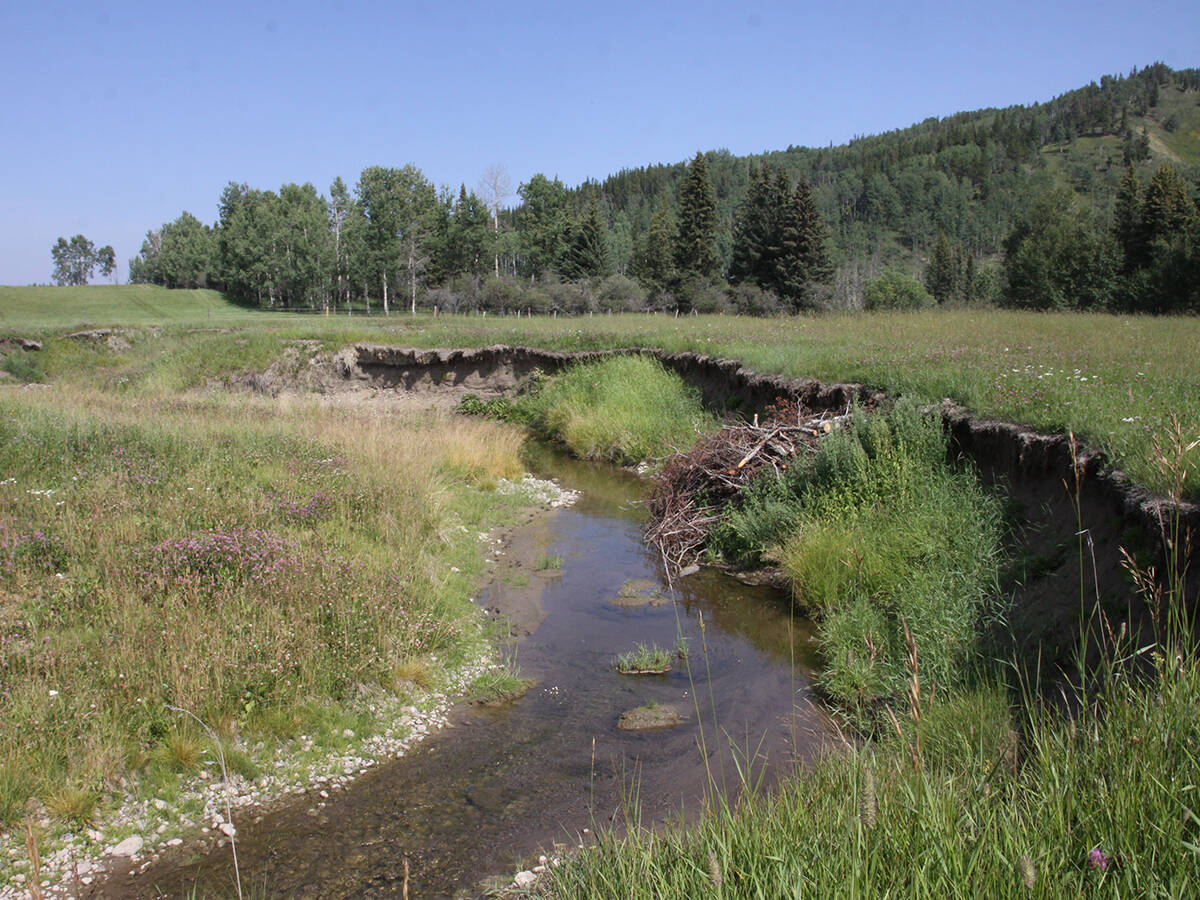
Alberta eases water access for riparian restoration
Alberta government removes requirement for temporary diversion licence to water plants up to 100 cubic metres per day for smaller riparian restoration projects
Neal Gilchrist, second vice-president with the stock growers, said recreation users like hunters should have a crown land access card granted by government officials.
“I think it’s a practical solution. When you consider how public parks are managed, there is staff that essentially manage the activities of the users,” said Gilchrist, adding that stock grower members pressured the executive to draft a solution.
The association didn’t recommend a particular fee, but Gilchrist noted somebody would have to pay for the price of the card.
However, politician Lund said urban dwellers would likely balk at having to pay to access public land.
“Let’s get real. If you think we can dictate to urban Alberta what happens on public land you better keep thinking,” he argued with association members, as the committee chair pounded his gavel for order.
Gilchrist said he was taken aback by the heated reaction.
“I was a little surprised he wrote it off so quickly rather than endeavor to work toward some sort of win-win solution or at least explored a bit with us. That was a bit unfortunate.”
Roger Marvin, head of public land management for Alberta Agriculture, isn’t writing off the card idea yet. However, government still has to work with grazing and recreation groups to define reasonable access, he said in an interview.
“If the card is part of the definition it would be fine,” he said. “It may well be part of it.”
According to the stock growers, officials should consider various factors before granting a card. These include the purpose and type of access, time of year, duration and environmental sensitivity. Even then, lease holders should be able to refuse access for reasons that include safety concerns in the presence of livestock, hunting within half a mile of occupied dwellings, risk of public and private liability and certain weather conditions.
The Thurber report, upon which the proposed legislation is based, calls for explanations of why access can be denied, said Marvin. Reasonable access will be defined in the regulation stage after the bill passes. In the meantime government will seek input from appropriate groups, he said.
“We have to make sure to find groups that are representative and willing to find solutions.”
At the committee meeting the stock growers also voiced concern that ranchers could lose leases over public access.
According to the legislation, recreation users denied access can appeal to government, which will act as an arbitrator. In extreme cases government could take away the lease.
“That’s not acceptable,” said Gilchrist, who thinks lease holders should only lose agreements if they don’t follow land management obligations.
“As an agricultural disposition holder, the primary purposes are to protect the environment and provide economic benefits for Albertans and the individual who has the lease. It’s not to provide for public access.”




